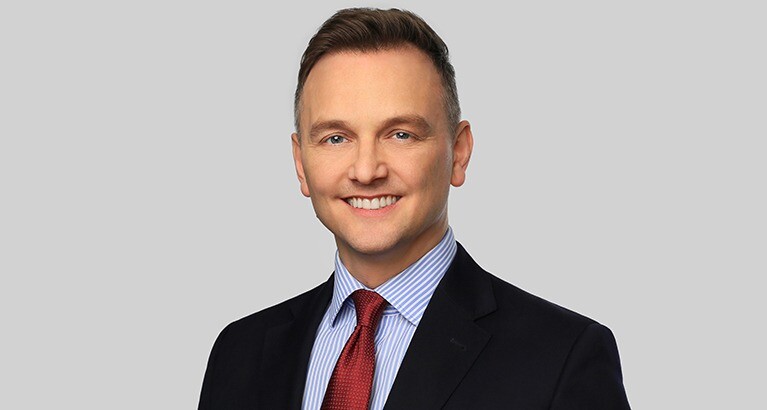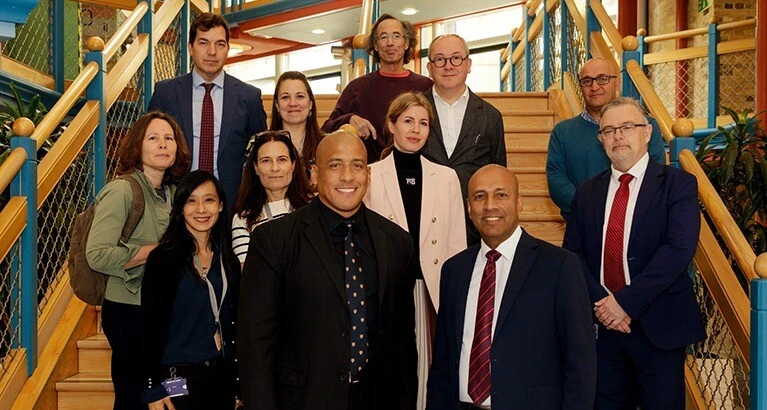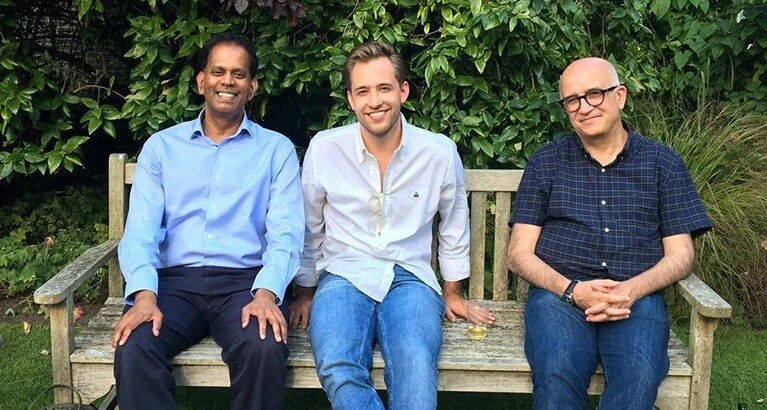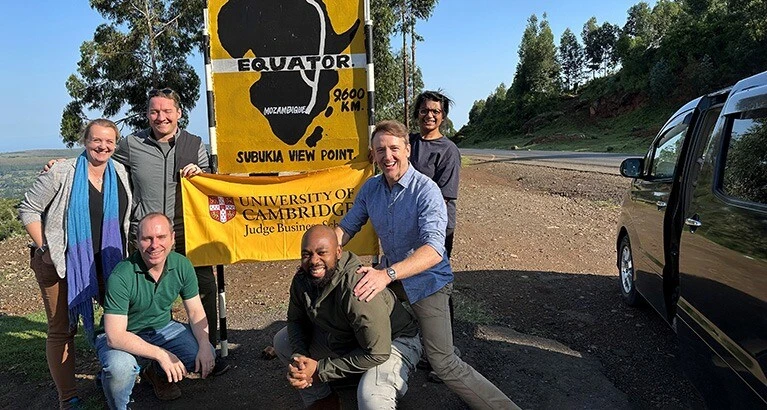Born and raised in Siberia to a family of Volga Germans, Max Alles is an M&A/private equity lawyer qualified to practice law in 3 different jurisdictions: the UK, the US and Germany. As Max mostly advises on cross-border matters, and with only very few triple-qualified lawyers in the market, Max is ideally placed to provide his clients with comprehensive advice tailored to their specific business needs. In effect, he offers the ‘complete toolbox’ and is a ’one-stop shop’ for clients operating in an increasingly complex and globalised world. Not surprisingly, Handelsblatt named Max as one of the “Best Lawyers: Ones to Watch” for Mergers & Acquisitions in 2023.
A lawyer who learned to talk business
Max studied law and obtained his PhD in Germany. He comments that the German legal education is very much focussed on law without establishing the interconnections and interdependencies with economic concepts and business reality. “We leave law school knowing all about the law and the theories behind it, but we often lack financial education, don’t know how the global economy or businesses work, and how it all interrelates. I think it’s critical that lawyers have this knowledge.”
Max also ran his own business in the insurance industry for a few years. “I had no expertise in strategy, marketing or managing people. The reason why it worked out quite well in the end was probably because I was genuinely interested in business. I taught myself the basics and learned the rest the hard way through trial and error.”
When Max went on to study for a Master of Laws in the United States, business continued to exert a pull on him. “I cross-registered for various business courses and am still reaping the rewards. I specialise in M&A and private equity, where it is essential to have sound financial knowledge and a commercial understanding. There is only so much you can learn ‘on the job’; eventually, you also need the basics and a solid, theoretical background.”
The transformative value of an EMBA from Cambridge Judge
Keen to deepen his understanding of economics, business and finance even further, in 2020, Max enrolled in the Executive MBA (EMBA) programme at Cambridge Judge. It was a transformative experience. “It helped me to see things not only through a legal lens but also to take an entrepreneurial, financial or strategic point of view.” The deep dive into subjects such as financial accounting, corporate finance and strategy, but also marketing, operations and organisational behaviour, broadened his view. “I do believe that I now have a more commercial view on things and that the EMBA has added important dimensions to the advice that I give my clients.” He continues, “My understanding about the essential building blocks of an enterprise, the financial, strategy and, not least, the people side, is one of the biggest benefits that I took from the EMBA”.
The EMBA raised my awareness for people-related topics and soft skills – these are essential in the business world.
For Max, another key learning from the EMBA was the crucial value of soft skills. Max was part of an international cohort that was dispersed globally. His fellow students didn’t necessarily think, operate, or communicate in the same way as he did. This made him more self-aware and highlighted the importance of both people-related topics, such as team dynamics, and soft skills, such as communication and leadership. These are an essential pre-requisite for success in the business world. He says, “Lawyers are always trained towards the rational argument. We tend to forget, as people do, that there are also other dimensions to communication; there are cultural, inter-personal and emotional elements, which can play a huge role and can be even more important than the actual validity or substance of an argument.”
How we communicate is more important than what we communicate
Max’s Individual Project (IP) about the ‘perception of competence’ is a good example of this. As Max says, “Various studies show that, in a professional context, competence is the most important determinant for professional success. At the same time, despite the enormous importance of competence, various empirical evidence shows that people have difficulties accurately assessing another person’s actual competence.” In most cases, people assess another person’s competence based on an overall perception of that person, which can also be influenced by subjective views, biases and other factors that do not necessarily have anything to do with competence. For example, tall people tend to be perceived as being more intelligent, trustworthy and competent than short people, even though there is no logical explanation for why height should correlate with intellect, morality or competence.
Knowing how people perceive competence, and how one can actively steer the perception of competence, is relevant to any business professional.
“Therefore, I wanted to understand the various factors that people (subconsciously) use to assess another person’s competence. Interestingly, actual competence doesn’t play such a big role in whether a person is perceived as competent or not. In many cases, it’s not so much the content of what is communicated, it’s more about how and the circumstances in which it is communicated. Knowing how people perceive competence, and how one can actively steer the perception of competence, is relevant to any business professional.”
Venture out of your comfort zone and expand your horizons
Max not only stretched his reach in his Individual Project (IP): during his Team Consulting Project (TCP), Max and his team advised the United Nations High Commission for Refugees (UNHRCR) on ESG-related topics. This project had, among other things, strong strategic and organisational elements, looking for positive environmental and social outcomes. “I like to step out of my comfort zone, away from what I already know and deal with on a daily basis, and explore new areas of expertise. Certain knowledge, ideas and skills developed or acquired in one area can be extrapolated and applied to other fields. For example, the ideas underlying the concept of ‘lean operations management’ can be transferred and applied to M&A processes to further increase efficiency and add more value to the advice provided to my clients.” Max concludes, “I am personally always looking for transferrable knowledge, ideas and skills from other areas of expertise that do not necessarily have anything to do with law and that I would usually not have on my radar. Lawyers don’t get taught in law school how to pitch, how to sell or how to run projects efficiently. We just learn the law, and very little related to finance, business or people management. But it’s all important and relevant in practice.”





